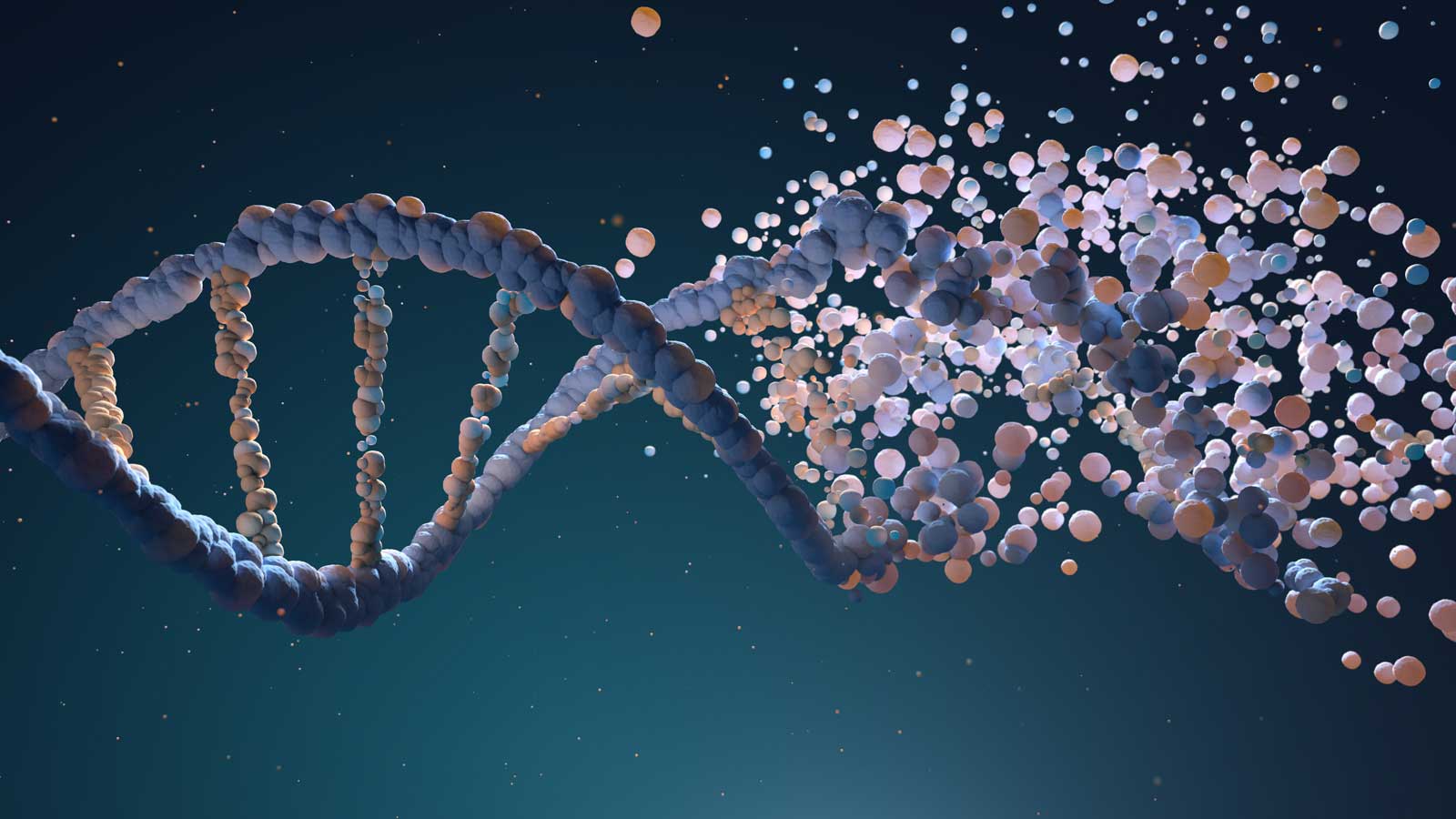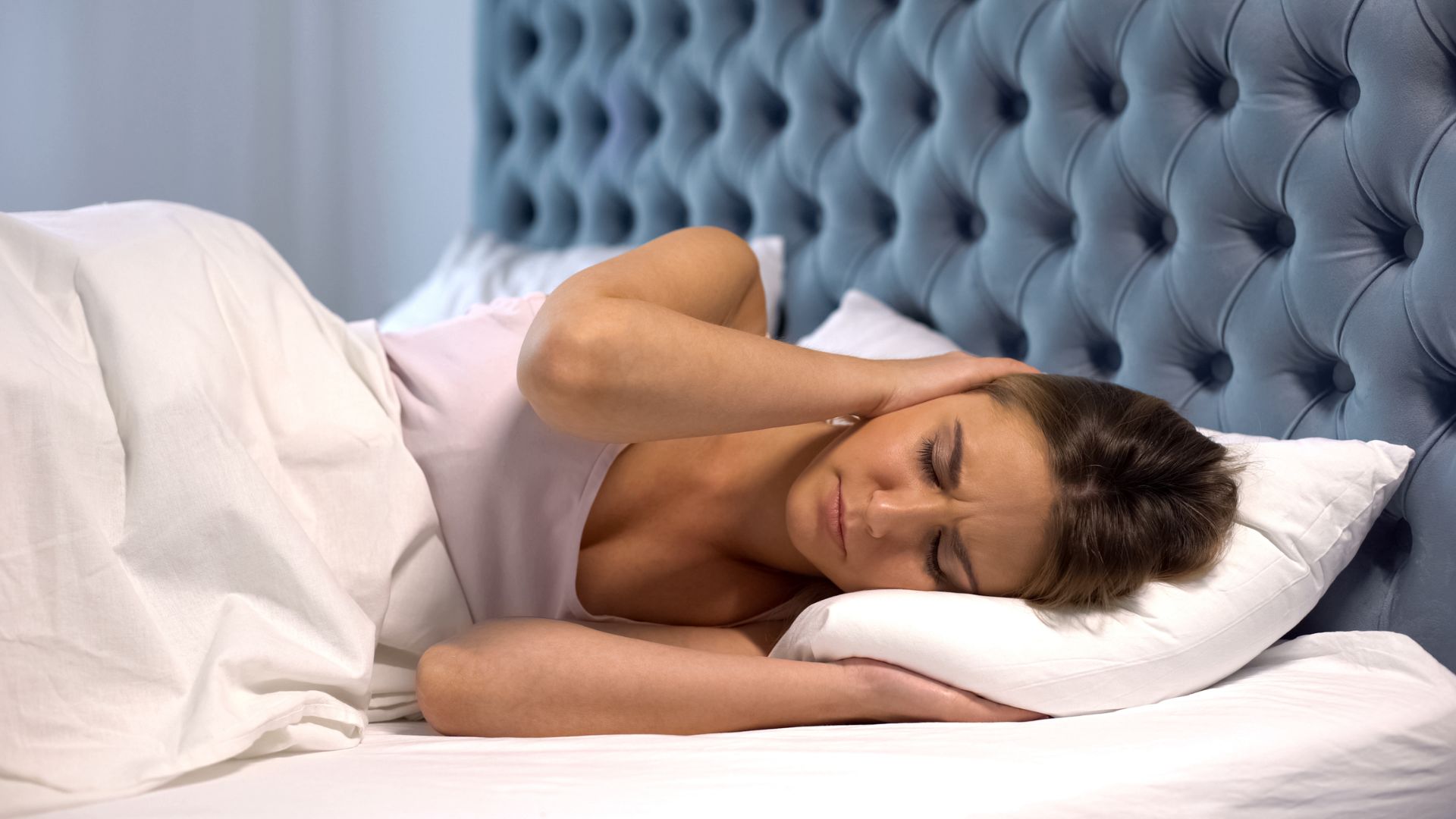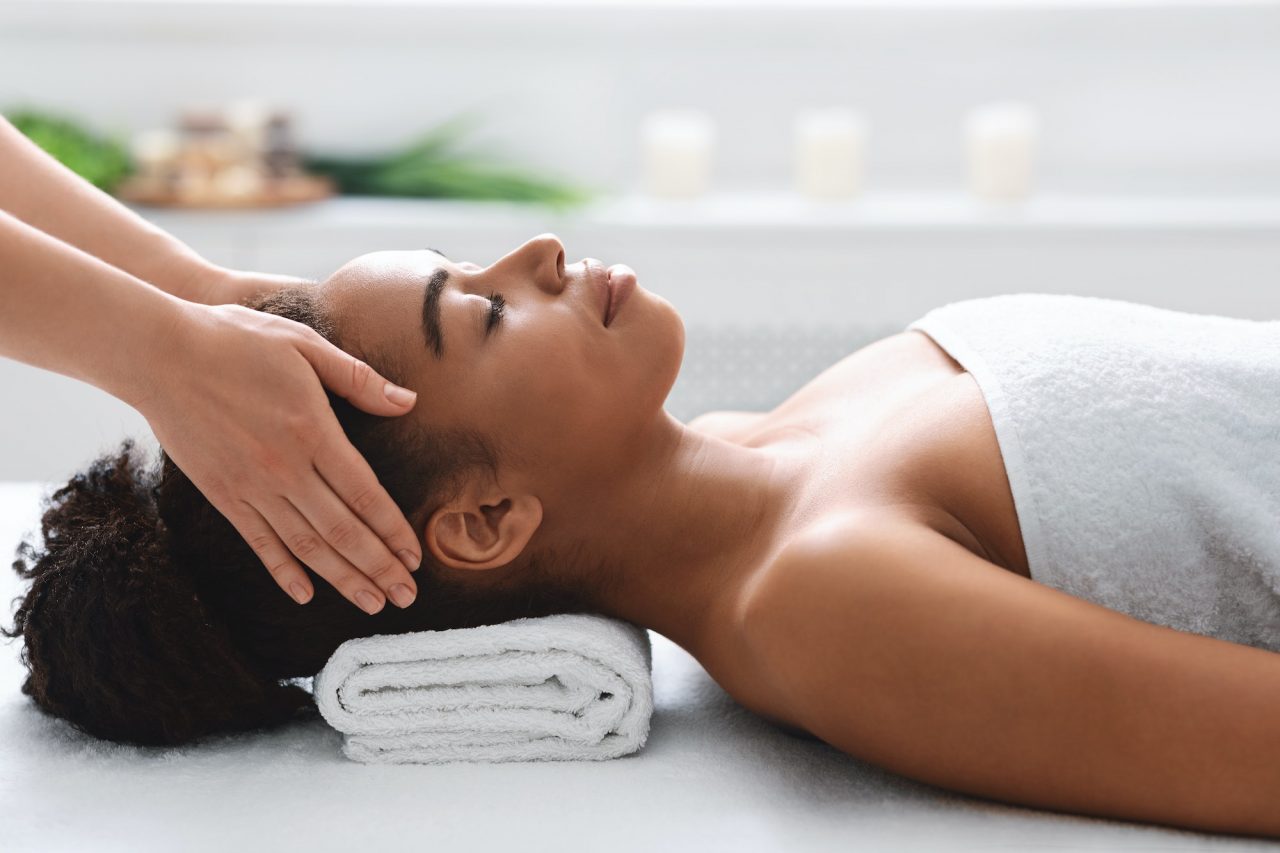Acne is often considered a rite of passage for teenagers, but many children and teenagers are experiencing it earlier than expected. Understanding the causes of acne, especially cystic acne, along with effective treatment options, can help parents navigate this challenging condition.
How Acne Develops
Acne is primarily caused by a combination of hormonal fluctuations, excess oil production, and bacterial growth. As children enter puberty, hormonal changes can trigger increased oil production in the skin, leading to clogged pores and breakouts. While some may experience mild acne, others may develop more severe forms, like cystic acne, which can be painful and distressing.
Effective Treatment Options
Many young people are referred to their GP, where common treatments include oral contraceptives or isotretinoin (commonly known as Roaccutane). While these medications can significantly improve skin appearance, they also carry risks and side effects, particularly concerning liver function and emotional well-being.
-
- Isotretinoin (Roaccutane): Renowned for its powerful ability to clear acne, Roaccutane can transform the skin, resulting in a smooth complexion. However, it may also contribute to heightened anxiety and mood swings. For some, the struggle continues even after stopping the medication, with acne often returning.
-
- Oral Contraceptives: Many girls are prescribed the pill to manage acne by suppressing hormonal production. Unfortunately, this can lead to a deficiency in natural progesterone, resulting in hormonal imbalances that elevate estrogen levels and produce negative side effects, including diminished sexual drive and energy levels.
For those with conditions like PCOS, the pill may provide temporary relief from acne by lowering testosterone levels, but this can come at a significant cost to overall well-being. For others there is no relief at all.
Comprehensive Testing and Support
At our clinic, we offer DUTCH testing, a comprehensive hormone assessment that provides invaluable insights into hormone levels, their metabolites, cortisol fluctuations, and essential vitamins like B12 and B6. While more affordable blood draw options are available, DUTCH testing provides a thorough analysis that is essential for understanding your hormonal health.
Why DUTCH Testing Matters
DUTCH testing stands out from traditional hormone assessments due to its comprehensive approach and detailed analysis of both hormones and their metabolites. This testing method provides a fuller picture of your child’s hormonal health, revealing critical information that can significantly impact skin health and overall well-being.
What DUTCH Testing Can Reveal
- Hormonal Imbalances: Identifying issues that may be contributing to acne.
- Cortisol Fluctuations: Understanding stress levels and their impact on skin health.
- DHEAS Levels: Measuring androgens, including testosterone, which can influence acne severity.
- Progesterone Levels: Indicating ovulation, which can help reduce anxiety levels.
- Neurotransmitter Levels: Assessing key neurotransmitters such as dopamine and GABA, which can be affected by lifestyle factors like constant phone use, impacting enthusiasm, motivation, and overall interest in life.
- Oestrogen Recirculation: Recognising how this can lead to toxic levels that exacerbate acne.
The Importance of Hormonal Metabolites
Understanding hormonal metabolites is crucial for skin health and overall hormonal balance. Hormones are not just active in their initial form; they are transformed into metabolites that play various roles in the body.
-
Active vs. Inactive Metabolites: Some metabolites are beneficial, while others can be harmful. For instance, the metabolism of oestrogen can lead to different forms, some of which may contribute to inflammation and worsen acne. Identifying these metabolites allows us to tailor treatment strategies effectively.
-
Pathway Insights: DUTCH testing provides insights into which metabolic pathways your hormones are taking. For example, knowing whether testosterone is converting to more inflammatory forms can inform treatment decisions, such as the use of supplements like saw palmetto or green tea to guide it toward healthier pathways.
By examining both hormones and their metabolites, DUTCH testing offers a more nuanced understanding of how hormonal interactions affect skin health. This allows for a targeted, personalised approach to treatment, ensuring we address the root causes of skin concerns rather than just the symptoms.
Tailored Hormonal Support
If we identify any hormonal imbalances, there are numerous ways we can support your child’s skin health as well as their overall hormonal and mental well-being. For instance, if our testing reveals oestrogen recirculation, we can help restore balance with Calcium-D-Glucarate, a powerful supplement that prevents oestrogen recirculation and minimises its toxicity.
In addition, DIM (Diindolylmethane) may be more appropriate for some children to help lower oestrogen levels, while others might benefit from Paeonia, which can minimise testosterone production and support ovulation in girls with PCOS. For boys who are metabolising testosterone into a more inflammatory and androgenic pathway, options like green tea or saw palmetto can help shift metabolism to a healthier pathway.
It’s important to note that these treatments are highly individualised and should be addressed only after thorough testing. This targeted approach ensures beneficial therapeutic outcomes tailored to your child’s unique hormonal profile, ultimately promoting both clearer skin and improved overall health.
Holistic Skin Care Solutions
In addition to hormonal support, we collaborate with a specialised skin clinician that offers tailored facials and skincare routines. This partnership ensures you don’t have to navigate your skin concerns alone. Our goal is to help you achieve not only clear skin but also overall well-being.
Conclusion
Acne can be a challenging experience for your child and teenagers, but understanding the underlying causes and treatment options empowers families to make informed decisions. If you or someone you know is struggling with acne, consider reaching out to us for a comprehensive assessment. Together, we can pave the way to clearer skin and improved health.
By optimising your approach to acne management, you can foster confidence and well-being in your child, creating a brighter future free from the burdens of acne.








